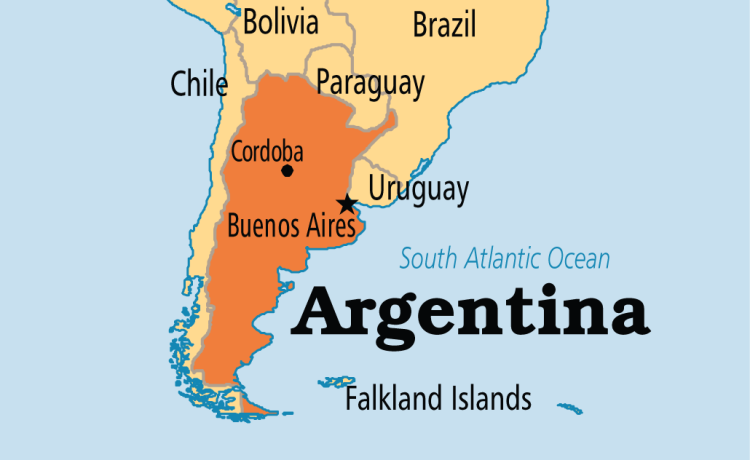juteralabs.com – Argentina, a country renowned for its rich cultural heritage, stunning natural landscapes, and vibrant society, holds the distinction of being the eighth-largest country in the world by total area. Spanning across an impressive 2.78 million square kilometers, Argentina is a land of diverse ecosystems, from the arid deserts of the north to the lush vineyards of the west and the vast pampas that dominate its central region. This article explores the geographical, cultural, and economic aspects that make Argentina a unique and significant nation on the global stage.
Geographical Overview
Argentina’s vast size is a result of its extensive landmass, which stretches from the subtropical rainforests of the Yungas in the north to the icy expanses of Tierra del Fuego in the south. This geographical diversity has endowed the country with a rich array of ecosystems and natural wonders.
Diverse Landscapes
The country’s landscape is characterized by its natural beauty, with the Andes Mountains in the west, the Pampas in the central region, and the subtropical forests in the north. Argentina is also home to Iguazu Falls, one of the most spectacular waterfalls in the world.
Climate Variations
Given its size, Argentina experiences a wide range of climates, from the hot and humid subtropical climate of the north to the cold and windy climate of Patagonia in the south. This diversity in climate contributes to the country’s rich biodiversity and offers a variety of outdoor activities for residents and visitors alike.
Cultural Tapestry
Argentina’s cultural landscape is as diverse as its geographical one, with a population that reflects a blend of indigenous peoples, European immigrants, and a multitude of other ethnic groups. This multiculturalism is a defining feature of Argentine society, celebrated through festivals, cuisine, and art.
Multiculturalism
Argentina’s multicultural heritage, shaped by waves of immigration from Europe and other parts of the world, has fostered a society that is both cosmopolitan and deeply rooted in tradition. This blend is evident in the country’s cuisine, music, and literature.
Indigenous Cultures
The indigenous peoples of Argentina, including the Mapuche, Diaguita, and Wichí, have a rich cultural heritage that dates back thousands of years. Their contributions to Argentine society are increasingly recognized, with efforts to preserve their languages, traditions, and rights.
Economic Strength
Argentina’s economy is one of the largest in South America, driven by abundant natural resources, a well-educated workforce, and a diverse agricultural sector. The country is a leading exporter of agricultural products, including soybeans, corn, and beef.
Natural Resources
Argentina’s vast natural resources have been a cornerstone of its economy, with the country being one of the world’s largest producers of soybeans and a significant producer of natural gas and oil. Additionally, Argentina has substantial mineral resources, including lithium and copper.
Innovation and Technology
Beyond natural resources, Argentina has made significant contributions to innovation and technology. The country has a strong tradition in scientific research and education, with notable achievements in fields such as nuclear energy, space exploration, and biotechnology.
Conclusion
Argentina’s status as the eighth-largest country in the world is a testament to its geographical vastness and cultural richness. From its stunning landscapes to its diverse population, Argentina offers a unique blend of natural beauty, cultural heritage, and economic opportunity. As the country continues to grow and evolve, it remains a significant player on the global stage, celebrated for its passion, innovation, and natural splendor.

